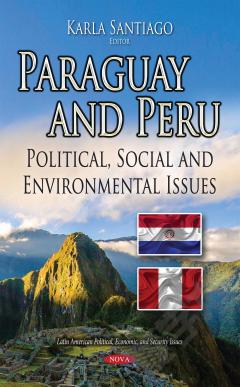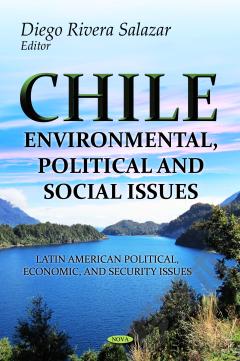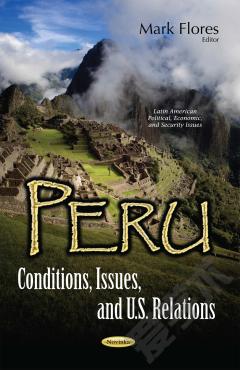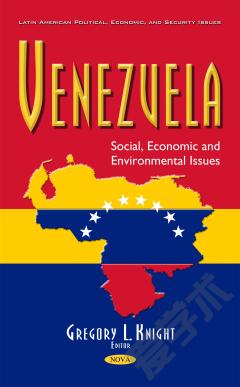Paraguay and Peru: Political, Social and Environmental Issues
Chapter One examines natural resource management during the settlement and construction of Spanish Peru’s capital city from 1535-1625. Chapter Two discusses how the upstream Pampas basin (Huancavelica) was socially constructed as a water-abundant region to justify building a diversion canal that would conduct water to fulfill the increasing water need for agro exporting Ica. Chapter Three analyzes, from technical and environmental points of view, how the biodiesel and bioethanol production can improve environmental indicators of Peru in comparison with those derived of the use of oil-based products. Chapter Four discusses the reasons and scale of deforestation in both of Paraguay’s very divergent vegetative regions: Eastern Paraguay and the Chaco. Chapter Five analyzes the online practices (through Facebook) of local governments in Paraguay, and to examine the factors that influence these practices. Chapter six covers the current socio-economic reality of Paraguay by sharing valuable information and real life examples that were experienced in the ground by the author over the last year. The final chapter discusses Paraguay’s possible futures, considering authoritarian rule has been the norm throughout Paraguay’s 207 years of independent history.
{{comment.content}}








 京公网安备 11010802027623号
京公网安备 11010802027623号